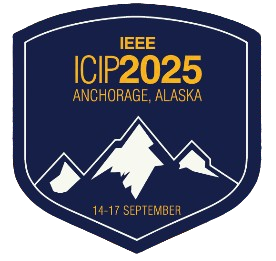Overview
This challenge calls on participants to design or apply cutting-edge learning-based object detection techniques tailored to optical remote sensing images. At its core is a novel, meticulously annotated dataset centered on one of the departments of Paris region, featuring 14 distinct object categories.
The high-resolution raw images from which we built CADOT (Cityscape Aerial image Dataset for Object deTection) are those provided by the National Institute of Geographic and Forest Information (IGN), a public administrative establishment in France under the joint authority of the ministries responsible for ecology and forests. This dataset is specifically designed to address the complexities of dense urban environments, where high object density and unique urban characteristics present significant detection challenges.
Participants will develop and evaluate advanced object detection algorithms, and are encouraged to explore generative AI for data augmentation.
Significance of the Challenge
This challenge addresses key gaps in current remote sensing object detection research, such as:
• Addressing a Real-World Problem: Urban areas are rapidly evolving, and accurate object detection in remote sensing imagery is crucial for urban planning, infrastructure monitoring, disaster management, and environmental analysis.
• Novel and Challenging Dataset: The dataset's focus on dense urban environments with specific urban features sets it apart from existing datasets, providing a unique and challenging benchmark. This dataset will drive research towards more robust object detection algorithms capable of handling complex urban scenes.
• Advancing Generative AI for Data Augmentation: Encouraging the use of generative AI for data augmentation promotes the exploration of cutting-edge techniques in computer vision. This challenge will contribute to the development of more effective and efficient data augmentation strategies, particularly in the context of limited labeled data.
By addressing these issues, this competition aims to advance Object Detection techniques, promoting better performance in densely populated and visually complex urban settings.
